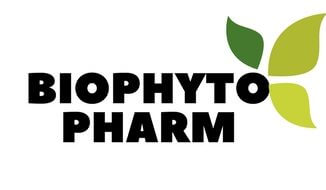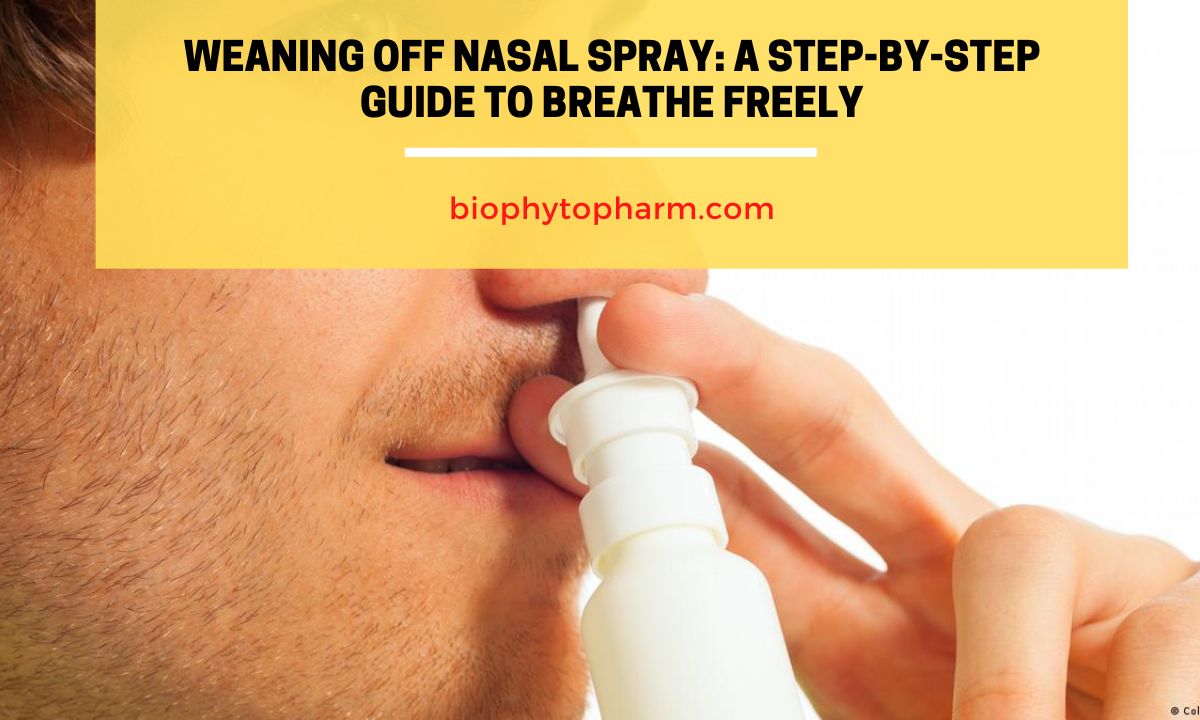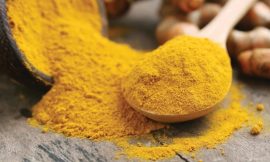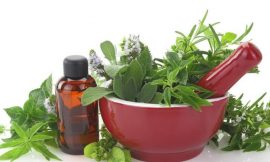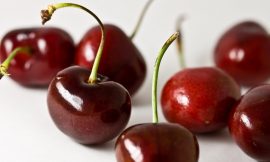Weaning Off Nasal Spray: A Step-By-Step Guide to Breathe Freely
Nasal congestion can be a real nuisance. Whether it’s due to allergies, a cold, or a sinus infection, many of us turn to nasal sprays for quick relief. These sprays work wonders in providing instant comfort, but they can also lead to dependency if used for an extended period. Over time, your nasal passages can become reliant on them, making it difficult to breathe without them.
In this comprehensive guide, we’ll explore how to wean yourself off nasal spray and regain your natural, unobstructed breathing.
Understanding Nasal Spray Dependency
Nasal sprays are designed to provide short-term relief by narrowing the blood vessels in your nasal passages, reducing inflammation, and allowing you to breathe more easily. However, using them for more than three to four days in a row can lead to a phenomenon known as “rebound congestion.” This occurs when the blood vessels become more sensitive to the medication, and your congestion worsens when the spray wears off. To break free from this cycle, follow these steps.
1. Recognize the Problem
The first step in weaning off nasal spray is to acknowledge that you have a dependency issue. You may notice that you’re using the spray more frequently, or you may experience worsening congestion when you skip a dose. Understanding the problem is crucial to finding a solution.
2. Choose the Right Time
To avoid potential discomfort during the weaning process, pick a time when you can manage the symptoms, such as a long weekend or a period when you can take a few days off work. This will make it easier to cope with any temporary congestion.
3. Consult a Healthcare Professional
Before making any significant changes to your medication routine, it’s essential to consult with a healthcare professional. They can provide guidance and suggest alternatives to nasal sprays, such as saline nasal irrigation or oral decongestants.
4. Gradual Reduction
Instead of quitting cold turkey, gradually reduce the frequency of using your nasal spray. Start by using it every other day, then every third day, and so on. This method will help your nasal passages adjust to less frequent usage.
5. Nasal Irrigation
Saline nasal irrigation is an effective and natural way to keep your nasal passages moist and clear. Use a saline solution and a Neti pot or a nasal spray bottle to irrigate your nasal passages daily. This will help reduce congestion without the rebound effect.
6. Stay Hydrated
Drink plenty of water to keep your body hydrated. Proper hydration can help thin mucus and reduce congestion naturally. Aim for at least eight glasses of water a day.
7. Humidify Your Home
Using a humidifier in your home can add moisture to the air, which can be especially beneficial during the night. Moist air can ease congestion and make breathing more comfortable.
8. Steam Inhalation
Steam inhalation can provide instant relief. Boil water, pour it into a bowl, and lean over the steam while covering your head with a towel. Inhale the steam for a few minutes to help open your nasal passages.
9. Allergy Management
If your nasal congestion is due to allergies, consider allergy management strategies. This may include avoiding allergens, using air purifiers, or taking allergy medications as prescribed by your healthcare provider.
10. Monitor Your Progress
Keep a journal to track your progress. Note the days you use nasal spray and any changes in your congestion. This will help you stay motivated and identify patterns in your dependency.
Conclusion
Nasal spray dependency can be a challenging issue to overcome, but with determination and the right strategies, you can regain your natural breathing without relying on medication. Remember, it’s essential to consult with a healthcare professional before making any significant changes to your medication routine. By following these steps, you’ll be on your way to breathing freely and living a life without the constant need for nasal spray.
Read More: The Health Benefits of Olive Oil and Lemon
